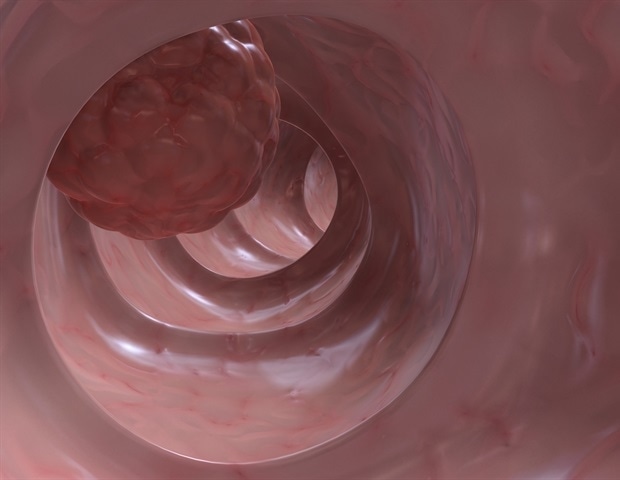
Colon most cancers continues to be one of many main causes of cancer-related deaths worldwide, with poor dietary habits recognized as a serious danger issue. Ferulic acid, a phenolic compound plentiful in lots of plant meals, has beforehand demonstrated potential anti-cancer properties by inhibiting cell proliferation and selling apoptosis. Regardless of its promising results, the influence of ferulic acid on colon most cancers cells at completely different Duke’s progressive levels of the illness has remained largely unexplored. Given the essential want for brand spanking new preventative measures, understanding the mechanisms by means of which ferulic acid acts on most cancers cells is important.
Printed (DOI: 10.26599/FMH.2025.9420063) on November 26, 2024, in Meals & Drugs Homology, the examine performed by researchers from Wuhan Polytechnic College and Kansas State College explored the results of ferulic acid on colon most cancers cells throughout completely different levels of Duke’s classification. Utilizing three human colon most cancers cell lines-SW-480, Caco-2, and HCT-116-the workforce examined the compound’s capability to inhibit cell proliferation, migration, and induce apoptosis, in addition to the probably related signaling pathways.
The researchers discovered that ferulic acid considerably decreased cell viability in all three cell strains in a dose-dependent method, with the HCT-116 cells displaying the best sensitivity. Colony formation assays confirmed that ferulic acid successfully suppressed cell development, reinforcing its anti-proliferative properties. In migration assays, together with wound therapeutic and transwell exams, ferulic acid considerably decreased cell motion, suggesting its potential to restrict metastatic unfold. Mechanistically, the compound induced cell cycle arrest: in SW-480 and Caco-2 cells, it halted development on the S part by means of the ATR/Chk1 pathway, whereas in HCT-116 cells, it induced arrest on the G1 part through the ATM/Chk2 pathway. This was accompanied by downregulation of key cell cycle proteins equivalent to CDK2, Cyclin A2, CDK4/6, and Cyclin D1/E1 complexes. Moreover, ferulic acid upregulated tumor suppressor proteins p53 and p21, that are pivotal in initiating apoptosis.
Dr. Xi Chen, one of many authors of the examine, emphasised the importance of those findings, stating, “Our analysis offers a deeper understanding of how ferulic acid goal colon most cancers cells at numerous progressive levels labeled by Duke’s system. This information is essential for creating efficient dietary methods geared toward stopping colon most cancers.”
The outcomes of this examine recommend that incorporating ferulic acid-rich meals into the food plan may function a promising technique for colon most cancers prevention. This method aligns with the idea of meals and drugs homology, emphasizing the position of pure compounds in combating most cancers. Shifting ahead, medical trials might be essential to validate these findings and additional discover the therapeutic potential of ferulic acid in colon most cancers therapy.
This examine is financially supported by Particular Venture of Central Authorities for Native Science and Expertise Growth of Hubei Province (No. 2022BGE247), Key Laboratory of Bulk Grain and Oil Deep Processing Ministry of Training (Wuhan Polytechnic College) (No. DZLY2023009), and the Program for Technical Innovation of Hubei Province (No. 2024BBB032).
Supply:
Journal reference:
Liu, Z.-P., et al. (2025). Ferulic acid inhibiting colon most cancers cells at completely different Duke’s levels. Meals & Drugs Homology. doi.org/10.26599/fmh.2025.9420063.